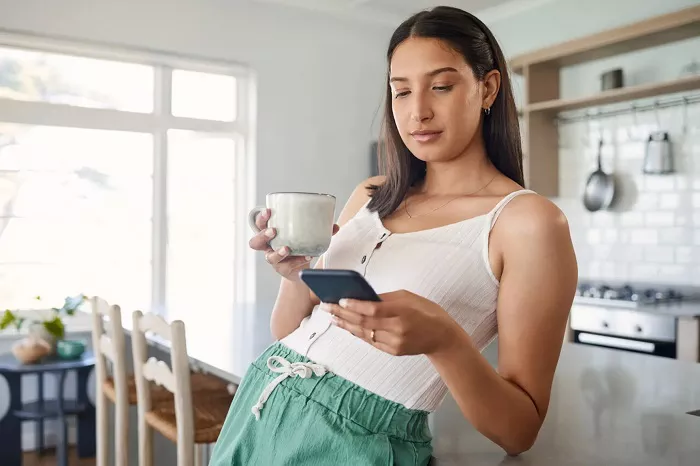A new study has revealed that the quality of Type 1 Diabetes (T1D) advice on TikTok is largely unsafe, confirming what many experts have long suspected. Over the past six years, TikTok has evolved from a platform for entertainment to a go-to source of information for millions, particularly young adults. According to an Adobe survey, 41% of users now treat TikTok like a search engine, seeking advice on everything from beauty to health. While experimenting with a new makeup trend may be harmless, experts warn that relying on TikTok for medical information—especially about chronic conditions like diabetes—can be dangerous.
The study, published in Clinical Diabetes, analyzed 171 TikTok videos from 63 creators discussing Type 1 Diabetes, a condition where the body cannot produce insulin to regulate blood sugar. Researchers from Ohio University, Denison University, and Case Western Reserve University evaluated the videos based on content quality, clarity, and accuracy. Unfortunately, most videos scored poorly in all three categories.
The researchers emphasized the need for more healthcare professionals to join platforms like TikTok to provide accurate, reliable information. Over 1.7 million adults in the U.S. live with T1D, and misinformation can have serious consequences.
The Risks of Bad Advice
Inaccurate T1D advice on TikTok is particularly concerning because many users trust the content they find online. Younger users are especially vulnerable to misinformation, but people of all ages can be misled. When it comes to managing a chronic condition like diabetes, incorrect advice can be harmful—or even life-threatening.
The study found that viewers often assume creators are medical professionals, leading them to trust advice about medication, diet, or lifestyle. However, many videos are made by individuals without medical credentials, offering tips that may only apply to a small subset of people with diabetes.
“There’s a lack of tailored content, and most of it isn’t provided by medical professionals,” said Allyson S. Hughes, Ph.D., a study author and health psychologist at Ohio University. “Some of the scariest information I’ve seen online involves insulin dosing recommendations from non-experts.”
The Good and the Bad
Not all diabetes-related content on TikTok is harmful. The platform has become a space for people with T1D to share their experiences and support one another, fostering a sense of community. “The diabetes online community has a positive impact by improving happiness, engagement, and providing psychosocial support,” the researchers noted.
However, separating reliable information from misinformation can be challenging. Rita Rastogi Kalyani, M.D., president of medicine and science for the American Diabetes Association, advises seeking content created by healthcare providers or trusted organizations. Yet, the study found that only 1.2% of the analyzed videos were made by medical professionals.
Finding Trustworthy Sources
Hughes hopes the study will encourage more healthcare providers to join TikTok and share accurate information. Some medical professionals, like endocrinologist David Ahn, M.D. (@diabetesdoc), and Uche Blackstock, M.D. (@ucheblackstockmd), are already creating reliable content. Nonprofits like the International Diabetes Federation and Breakthrough T1D also provide trustworthy resources, though their videos may not be as engaging as those from influencers.
Should You Trust “Real People” Advice
The study found that 11.1% of the videos were made by caregivers of people with T1D, such as parents of children with the condition. These videos were generally higher quality and easier to understand than those from self-proclaimed health coaches. However, caregivers aren’t medical experts, so their advice should always be verified by a doctor.
Nearly 40% of the videos were created by people living with T1D. While their experiences can be inspiring and informative, their advice may not apply to everyone. “What works for one person with T1D may not work for another,” Dr. Kalyani cautioned.
The Bottom Line
TikTok can be a valuable source of community and support for people with Type 1 Diabetes. However, users should approach health advice with caution. “TikTok can serve as a resource, but there’s significant room for improvement in the quality of health information,” Hughes said.
Dr. Kalyani recommends verifying the source of any health information and consulting your healthcare provider before making changes to your diabetes management plan. While TikTok can be a helpful tool, it’s no substitute for professional medical advice.
Related topics:
- WHO Issues Alert on Falsified Semaglutide Medicines for Diabetes and Weight Loss
- Inside Hypoglycemia: All You Need To Know
- Rising Healthcare Costs: Diabetes And Heart Disease Lead Spending Surge


